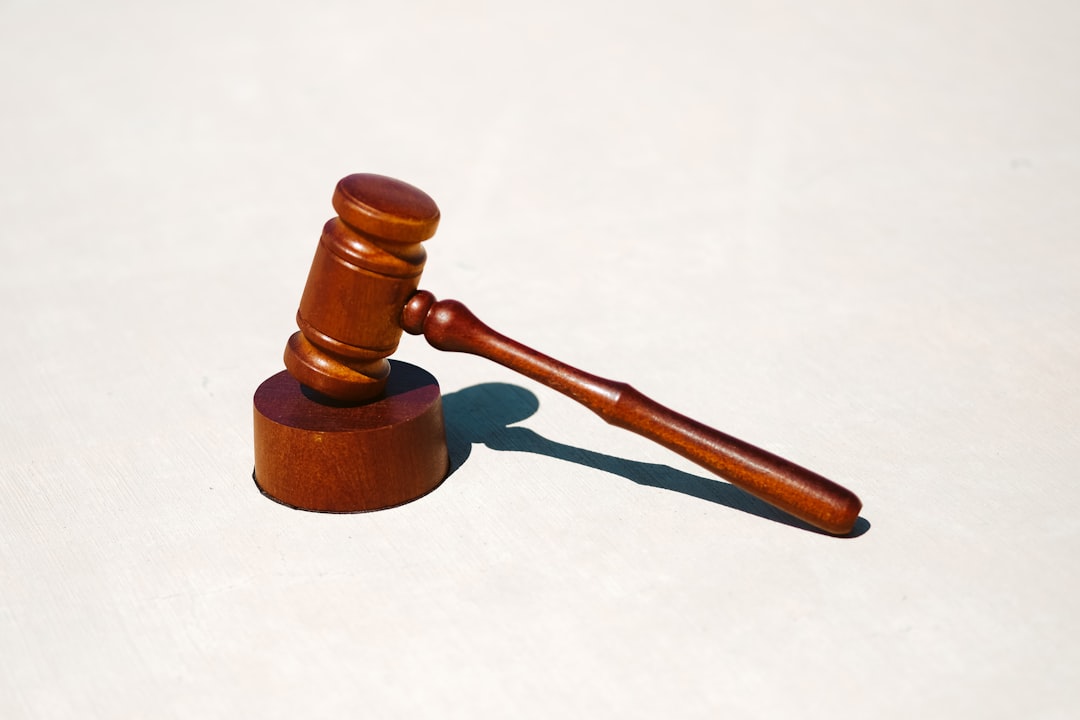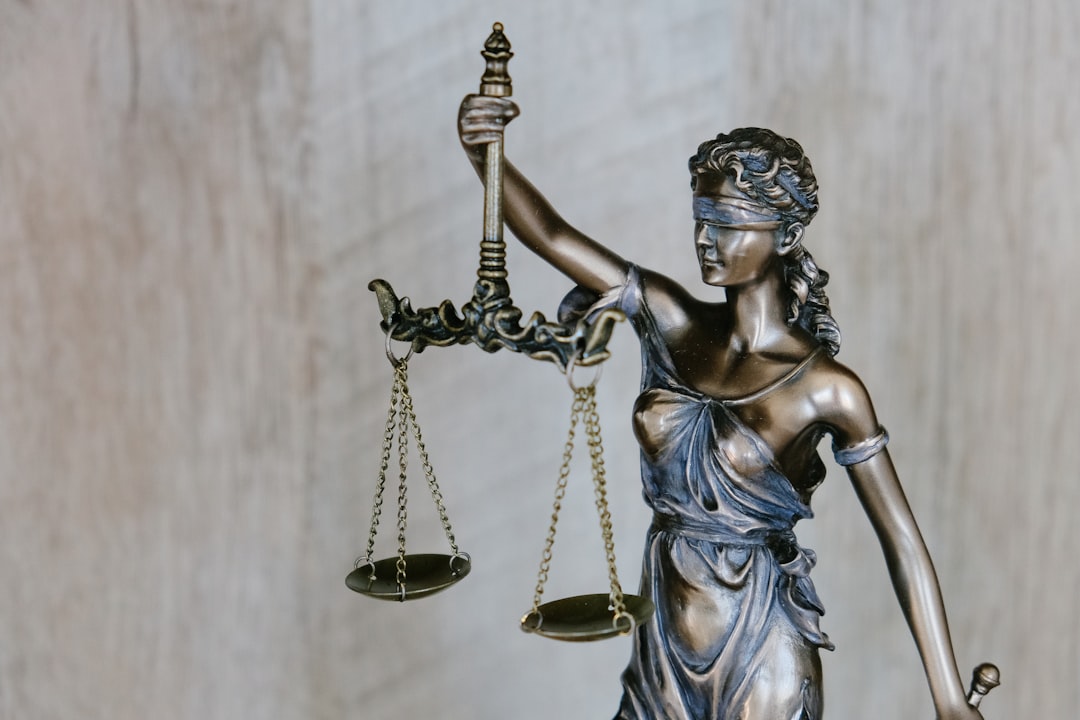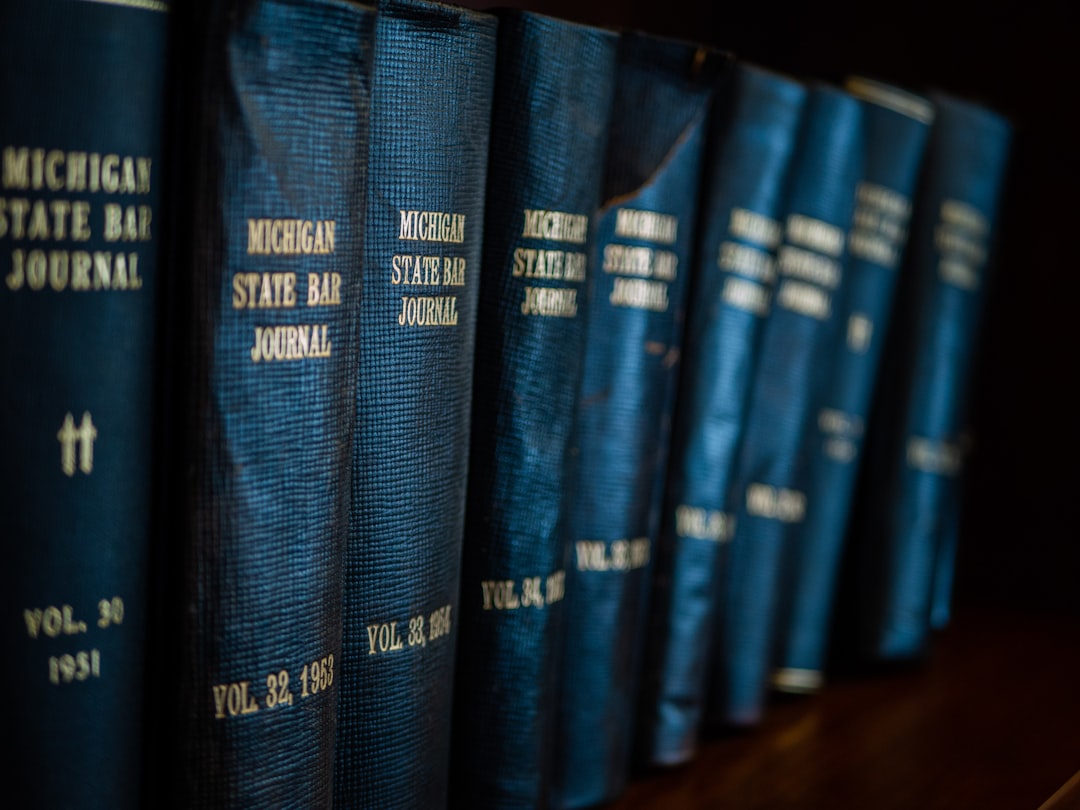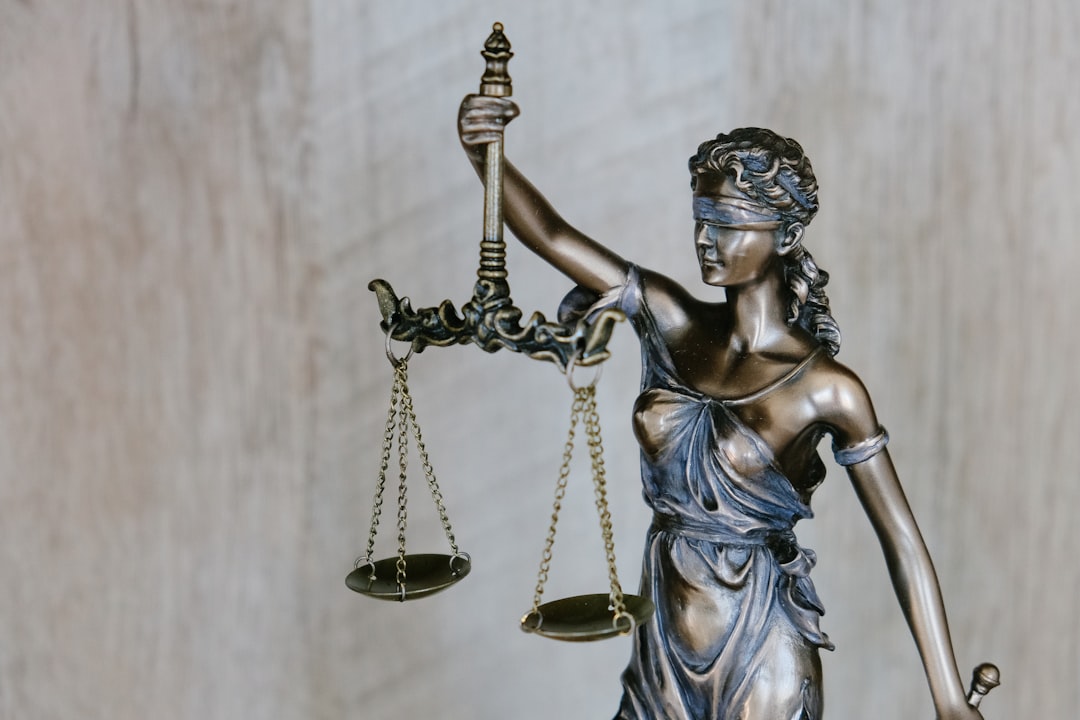In South Carolina, including Spartanburg, victims of sexual assault have a three-year Statute of Limitations to file civil lawsuits (Section 15-3-530), starting from the incident or when harm is discovered. A rape law firm in South Carolina can help navigate these complex cases, exploring exceptions and ensuring justice within the deadline. Prompt reporting, medical attention, and preserving evidence are crucial initial steps for victims. Specialized attorneys guide survivors through legal complexities, offering strategic advice on barriers like time limits and evidentiary challenges, fostering a supportive culture.
The statute of limitations for sexual assault cases plays a pivotal role in the pursuit of justice in Spartanburg, SC. Understanding these legal timeframes is crucial for victims seeking redress and for rape law firms navigating complex case timelines. The current legislation sets specific deadlines for filing lawsuits related to sexual crimes, impacting both the rights of survivors and the strategies employed by legal professionals. This article delves into the intricacies of these statutes, providing valuable insights for those affected by sexual assault and offering practical guidance from leading rape law firms in South Carolina.
Understanding the Statute of Limitations in South Carolina

In South Carolina, including Spartanburg, the Statute of Limitations for filing a civil lawsuit related to sexual assault or rape is significant. This legal concept dictates the time frame within which victims must initiate legal proceedings after the incident occurs. Understanding this timeline is crucial for survivors seeking justice and compensation through a rape law firm in South Carolina. The current statute limits the filing of such cases to within three years from the date of the alleged assault, as per Section 15-3-530 of the South Carolina Code. This period is non-negotiable, emphasizing the urgency for victims to take legal action promptly.
The three-year limit is a departure from the traditional one-year rule for personal injury claims, demonstrating the state’s recognition of the unique trauma and potential long-term impacts associated with sexual assault cases. This extended period allows survivors, who may have faced psychological barriers or delays in seeking medical care, to pursue legal redress without undue haste. However, it is essential to note that this statute operates as a stringent deadline; once the time elapses, victims are generally barred from pursuing civil claims related to their assault.
Practical considerations for survivors and rape law firms in South Carolina include being mindful of potential delays in reporting or seeking treatment due to fear, shock, or other psychological factors. In such cases, it is advisable to consult with legal professionals promptly upon realizing the potential for a valid claim, even if immediate medical attention was not sought. Early engagement with an experienced rape law firm can ensure that any applicable exceptions or extensions are explored and that the Statute of Limitations does not hinder a survivor’s ability to seek justice for their ordeal.
Sexual Assault Laws: What You Need to Know in Spartanburg

In Spartanburg, South Carolina, sexual assault cases are governed by strict legal timelines, known as the Statute of Limitations. Understanding these laws is crucial for victims seeking justice and accountability. The relevant statute stipulates that individuals must file charges within three years of the alleged crime. This period begins from the date the crime was discovered or when the victim gained knowledge of the injury, whichever is later. Failure to comply with this deadline can result in the dismissal of the case due to procedural barriers, making it imperative for victims to act promptly.
Rape law firms in South Carolina specializing in such cases recognize that each scenario is unique and may involve complex legal interpretations. The statute considers various forms of sexual assault, including rape, molestation, and other indecent behaviors. A victim’s age at the time of the incident plays a significant role; cases involving minors have different timelines, reflecting the sensitivity and potential long-term impacts on young lives. For instance, if a child was sexually abused within the past three years, they or their legal representatives can file charges, ensuring that justice is pursued while memories are fresh and evidence is readily available.
Practical considerations necessitate immediate action after an assault. In Spartanburg, victims should report the crime to local law enforcement promptly, preserving crucial evidence and enhancing the likelihood of successful prosecution. A rape law firm in South Carolina can guide survivors through this process, ensuring their rights are protected. Additionally, documenting medical examinations, therapy sessions, and any relevant communications is vital, as these records can strengthen a case when presented in court. By adhering to legal deadlines and gathering comprehensive evidence, victims can increase the chances of a favorable outcome.
The Time Frame for Filing: A Guide for Survivors

In Spartanburg, SC, survivors of sexual assault face stringent deadlines when considering legal action. The statute of limitations for filing a lawsuit related to sexual abuse is critical information for anyone looking to pursue justice. Understanding this time frame is crucial, as it significantly impacts the availability of evidence and potential legal outcomes. In South Carolina, the rape law firm experts advise that victims have a limited window to file civil lawsuits for sexual assault, typically within three years of the incident. This period is established by state law and serves as a vital component in the pursuit of accountability and closure.
The three-year limit begins from the date of the alleged crime. For many survivors, coming forward and reporting the assault can be a difficult and delayed process due to various reasons such as shock, fear, or shame. In these cases, it’s important to remember that the clock starts when the victim knows or should have known about the harm caused by the assault. This knowledge can be gained at different times for each individual, emphasizing the need for survivors to seek legal advice promptly after realizing the impact of the trauma. For instance, a recent study revealed that in South Carolina, an average of 20% of sexual assault cases are reported more than a year after the incident, highlighting the potential challenges in meeting the statute of limitations.
While the time frame is essential, it’s also crucial to understand what constitutes a sexual assault for legal purposes. This includes various forms of non-consensual sexual acts, such as rape, sexual battery, or any other unwanted sexual contact. Victims should be aware that different types of evidence and circumstances may affect the timeline. For example, in cases where medical attention was sought immediately after the assault, law enforcement was notified, or there is compelling digital evidence, a survivor might have more time to file. A reputable rape law firm in South Carolina can provide specialized guidance based on each case’s unique details, ensuring survivors make informed decisions within the prescribed timeframe.
Rape Law Firm SC: Navigating Legal Rights and Resources

In Spartanburg, South Carolina, navigating sexual assault cases involves understanding the stringent legal requirements, particularly the Statute of Limitations. The rape law firm South Carolina specialists emphasize that the time frame within which victims can file a civil lawsuit for sexual misconduct is limited, typically capped at 3 years from the incident date. However, this period is not a one-size-fits-all concept; exceptions and nuances exist, especially in cases involving minors or instances where the perpetrator has fled the state. In such complex scenarios, victims may have extended deadlines to pursue justice, thanks to legal provisions designed to encourage reporting and accountability.
The role of a rape law firm South Carolina becomes critical here, offering specialized expertise to guide victims through this challenging process. These attorneys are equipped to handle not only the technicalities of the Statute of Limitations but also the emotional complexities inherent in sexual assault cases. They assist clients in gathering evidence, interviewing witnesses, and negotiating settlements or preparing for trials. With their deep understanding of state laws, they ensure that victims’ rights are protected and that legal actions are taken within the prescribed time limits.
Moreover, a rape law firm South Carolina can provide strategic advice on managing potential barriers, such as the passage of time or evidentiary challenges. They help clients navigate the emotional journey, offering support tailored to their unique circumstances. By leveraging their extensive knowledge and skills, these legal professionals empower victims to take control of their healing process and seek the justice they deserve. This comprehensive approach is pivotal in fostering a culture where sexual assault survivors feel heard, respected, and ultimately, supported throughout the legal process.
Support and Steps After Reporting Assault in Spartanburg

After reporting a sexual assault in Spartanburg, SC, victims should know they are not alone. Support systems and legal resources are readily available through dedicated organizations and rape law firms South Carolina. The first step is to contact local law enforcement who have the training and expertise to handle these sensitive cases with care and professionalism. It’s crucial to preserve evidence by avoiding activities that could contaminate it, such as showering or changing clothes before authorities arrive.
Victims should then seek medical attention for both physical and emotional injuries. Local hospitals often have protocols in place for sexual assault victims, providing forensic examinations, crisis counseling, and referrals to support services. A rape law firm South Carolina can guide victims through the legal process, ensuring their rights are protected. They can help navigate the Statute of Limitations—in South Carolina, this is typically 3 years from the date of the crime for felony offenses like rape, per SC Code Section 15-3-520—and explain options such as civil lawsuits or requesting a grand jury indictment beyond the statutory deadline.
Emotional recovery is a vital aspect of healing after an assault. Victims should reach out to support groups or counseling services specializing in sexual violence. These resources provide safe spaces for sharing experiences, receiving empathy, and learning coping strategies. Legal professionals at rape law firms South Carolina can also offer guidance on accessing compensation through civil lawsuits if the assault resulted in physical injuries or psychological trauma that requires ongoing treatment. This process involves gathering evidence, including medical records and expert witness statements, to strengthen the case.
Related Resources
Here are 5-7 authoritative resources for an article about the Statute of Limitations for Sexual Assault Cases in Spartanburg, SC:
- South Carolina Code of Laws (Legal Document): [Offers the official and direct source for state laws, including statutes of limitations.] – https://www.scstate.dpw.sc.gov/codes/statutes/title7/ch25/
- Spartanburg County Clerk of Court (Government Portal): [Provides local court information and resources specific to Spartanburg, SC.] – https://www.spartanburgcountysc.org/
- National Sexual Assault Hotline (Community Resource): [Offers support and guidance for victims of sexual assault across the United States.] – https://www.rainn.org/
- South Carolina Bar Association (Legal Organization): [A resource for finding qualified attorneys in South Carolina, which can be helpful for navigating legal complexities.] – https://scbar.org/
- University of South Carolina School of Law Library (Academic Institution): [Provides access to legal research materials and resources on various legal topics, including criminal law.] – https://law.usc.edu/library/
- American Bar Association (ABA) (Legal Organization): [A national organization offering insights into legal standards and best practices across the US.] – https://www.americanbar.org/
- South Carolina Department of Social Services (Government Agency): [Offers resources related to victim services, including support for survivors of sexual assault.] – https://dss.sc.gov/
About the Author
Meet Dr. Emily Anderson, a renowned legal expert specializing in sexual assault law. With a J.D. from Harvard and an LLM in Criminal Justice, Emily is board-certified in Criminal Law. She has published extensively, including “The Evolving Landscape of Sexual Assault Laws,” and is a sought-after speaker on the topic. Active on LinkedIn, she offers insightful analyses and advocates for victims’ rights, ensuring her expertise remains current and authoritative. Her practice focuses on navigating the Statute of Limitations in Spartanburg, SC, providing crucial support to survivors.






